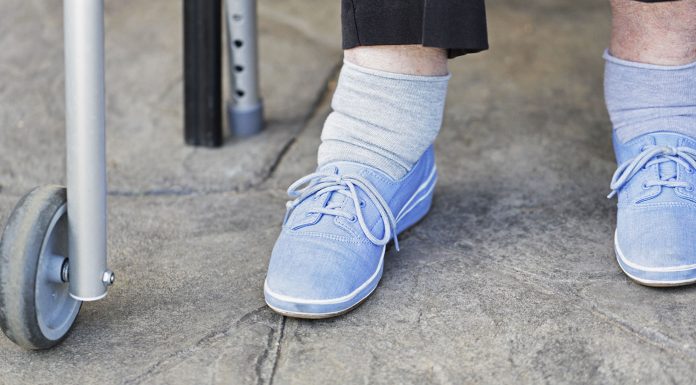The Australasian College for Emergency Medicine (ACEM) carried out a recent members survey that found 34 per cent of those who responded had been bullied at work, 21.7 per cent had experienced discrimination, 16.1 per cent had experienced harassment and 6.2 per cent had been sexually harassed.
President of the college Professor Tony Lawler said bullying, discrimination and sexual harassment were “distressingly common in the emergency care environment in Australia and New Zealand”.
The behaviour reported in the survey posed a risk to health, safety and professional well-being and also had a negative impact on the workplace, training environment and provision of care, he said.
“ACEM seeks to promote the highest possible professional standards for emergency physicians. These principles are explicit in college policy and standards for accreditation for training in emergency medicine. These findings are not consistent with whom we believe ourselves to be, and we must respond to that,” he said.
“We recognise that quality health care outcomes are dependent on high functioning teams across the hospital setting, and we are not doing the profession of emergency medicine or our patients any favours by conducting ourselves in this way.”
The survey carried out in April and May this year was part of a working group formed last year to explore the workplace and training culture in response to increased scrutiny of the medical workforce culture in 2015.
Lawler said the organisation would take immediate action to address the findings by consulting with members to prepare and publish an action plan by the end of November.
“The college is committed to its role of upholding the highest possible professional standards in emergency medicine. We have taken the initiative to understand the extent of these behaviours among members and trainee,” he said.
“We owe a duty to our members, fellows and trainees to do what we can to ensure emergency medicine is practised in a respectful and inclusive environment, and will use this experience to listen to and engage with our members to bring about meaningful cultural change and address the problems caused by some members of our profession.
“As healthcare workers on the front line and directly in the public eye, emergency physicians need to take a leadership position and champion and model the high standards of behaviour we expect of others.”






















